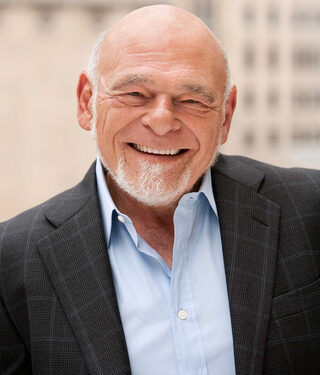I
f you're aiming for a future where investment income can support your living expenses, traditional 401(k) and IRA options might not be enough. Real estate professionals Debi Hensley and Leeatra Vaughn discovered this limitation firsthand and sought alternative solutions through the National Association of REALTORS (NAR) member benefits program.
Traditional IRAs, SIMPLE IRAs, and SEPs have contribution limits that may not align with your retirement goals. For 2025, these limits are:
* IRA: $7,000
* Catch-up contribution (age 50+): $1,000
Exceeding these limits can result in penalties, including regular income tax and a 6% excise tax.
To address this limitation, some real estate professionals opt for SEP accounts or SIMPLE IRAs. These plans offer higher contribution limits:
* SIMPLE IRA: $16,500 (with a catch-up contribution of $3,500 for those 50+)
* SEP-IRA: 25% of compensation, up to a maximum of $70,000
However, these options still come with restrictions on investment types and amounts. Hensley and Vaughn sought more flexibility in their retirement savings.
They discovered self-directed retirement accounts, which offer greater control over investments compared to traditional accounts. Through the NAR REALTOR Benefits program, members can access discounted flat annual fees for self-directed IRAs or 401(k)s from the IRAR Trust Company.
The IRAR Trust Company has been a game-changer for Hensley and Vaughn. With their guidance, they've been able to diversify their assets, invest in real estate, and achieve better returns than traditional IRAs. They've also avoided IRS penalties and gained confidence in their investment decisions.
Hensley's experience with the IRAR has allowed her to invest alongside private equity investors in consortiums, generating higher returns than her old IRA. Vaughn has been able to buy and invest in more properties, maximizing her wealth and returns.
Both women have introduced numerous clients and colleagues to the IRAR, citing its expertise and support as key factors in their success. With self-directed investing, they've gained greater control over their retirement savings and investments, setting them up for a more secure financial future.















